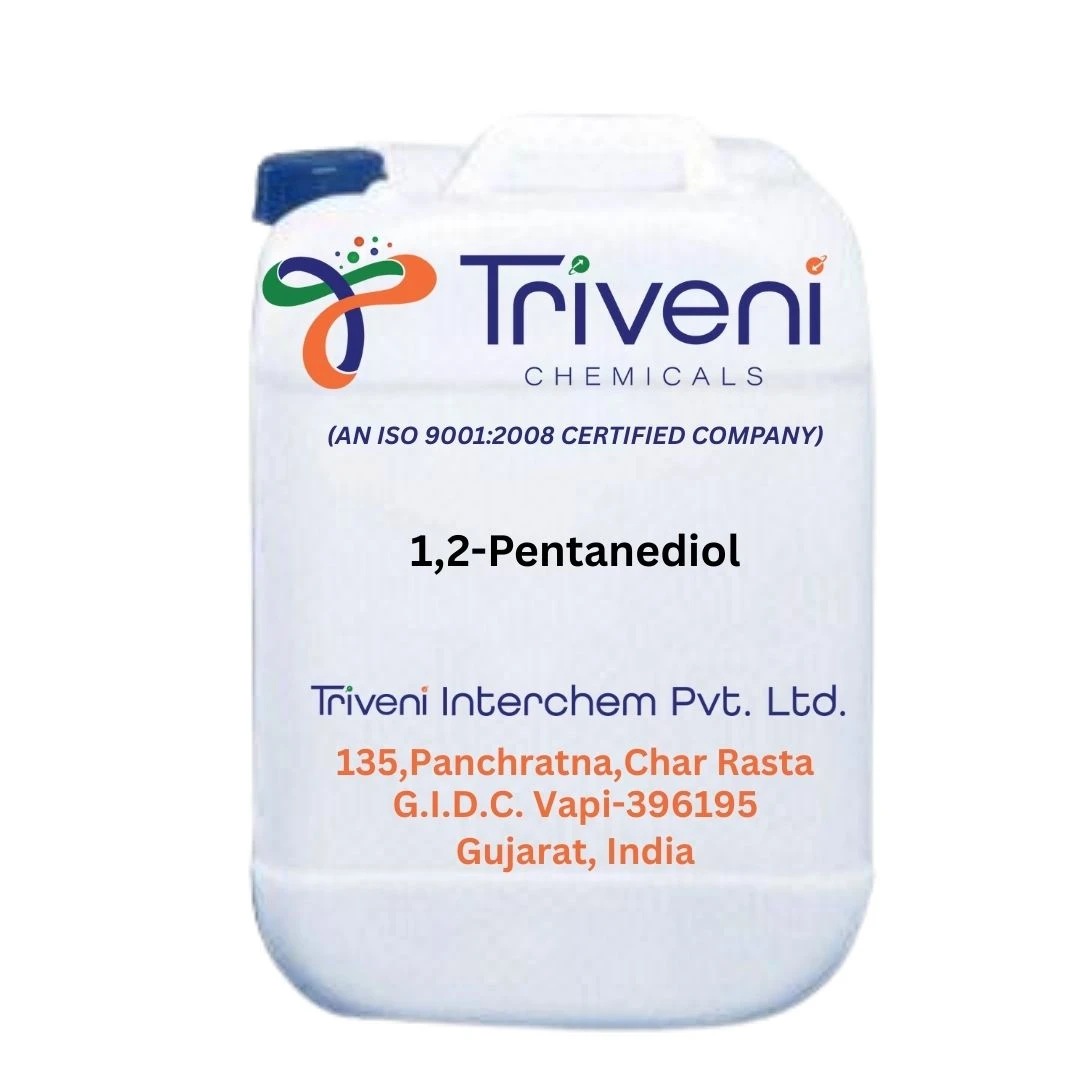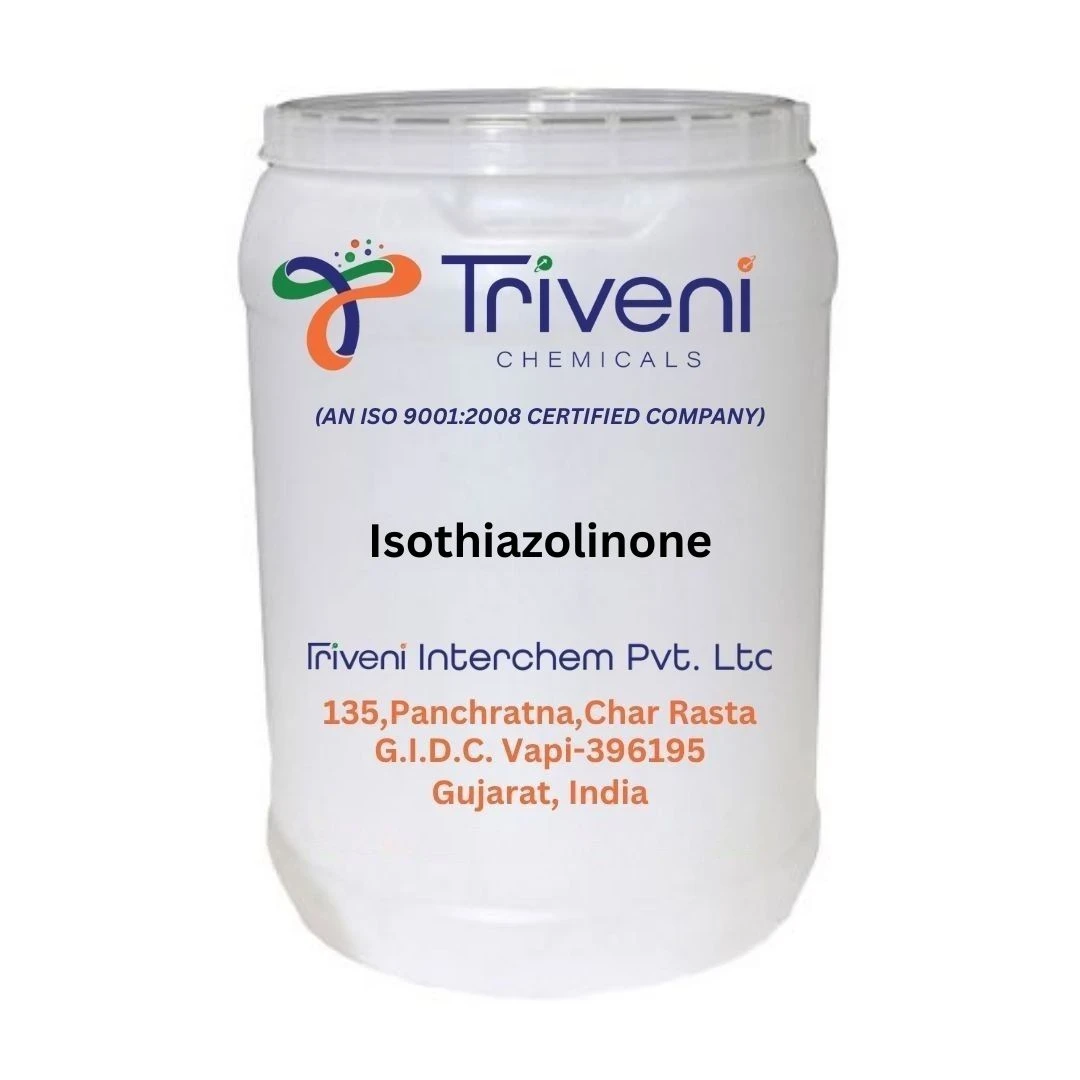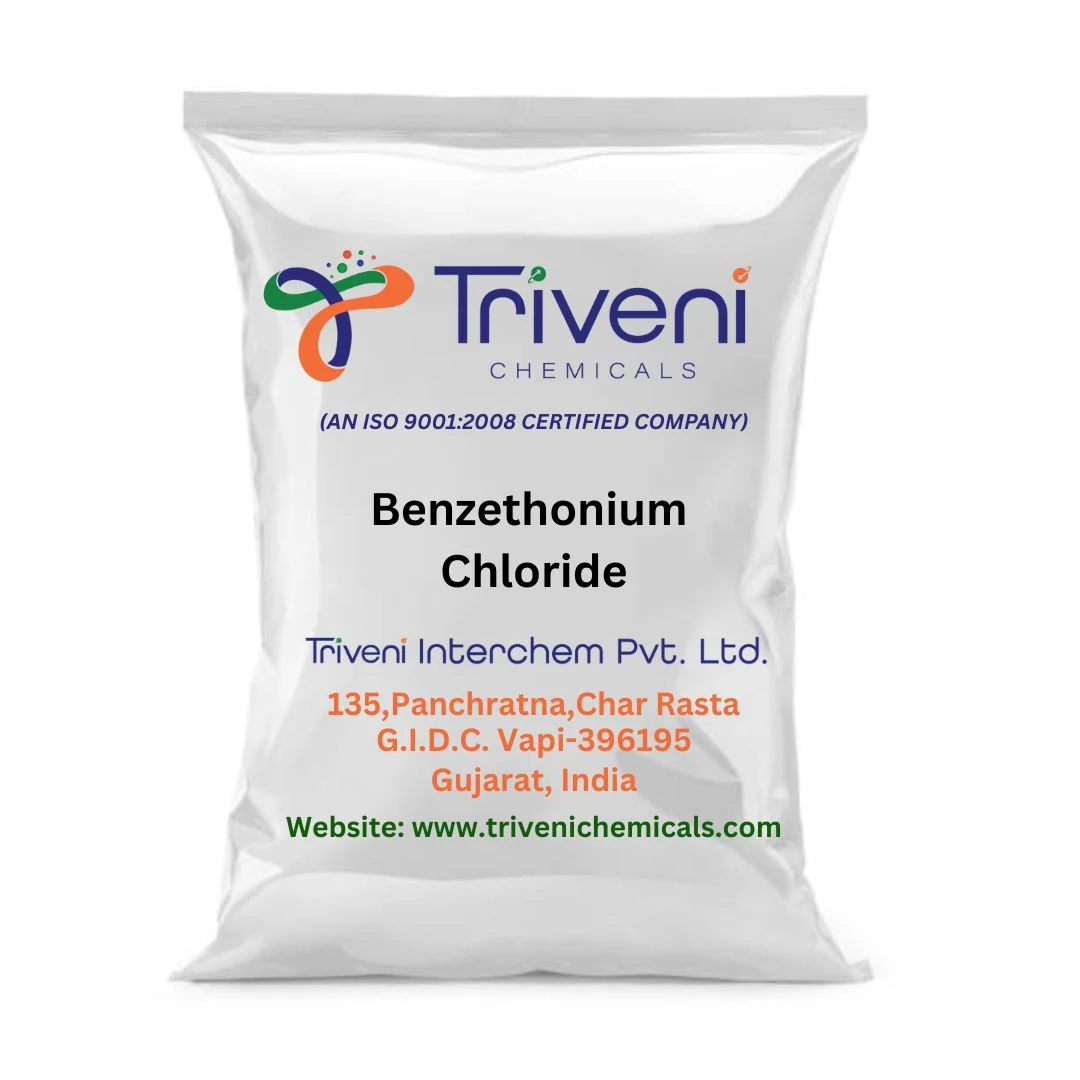Additives known as preservatives extend the shelf life of food by preventing the formation of mold, yeast, and bacteria, which stops the food from spoiling. They are necessary additions in the creation of contemporary food, guaranteeing that the final product is safe and appetizing enough to eat for a long..
Additives known as preservatives extend the shelf life of food by preventing the formation of mold, yeast, and bacteria, which stops the food from spoiling. They are necessary additions in the creation of contemporary food, guaranteeing that the final product is safe and appetizing enough to eat for a long time. Preservatives have many advantages, but there have been discussions over their safety and possible negative health impacts because of their use.There are various kinds of preservatives that are frequently found in food:Antioxidants: By preventing oxidation, these substances keep fats and oils from being rancid. Vitamin C (ascorbic acid), vitamin E (tocopherols), and artificial substances like butylated hydroxyanisole (BHA) and butylated hydroxytoluene (BHT) are examples of common antioxidants. Antimicrobial agents: These compounds prevent the growth of bacteria, yeast, and mold, among other microbes. Sodium benzoate, potassium sorbate, and calcium propionate are a few examples. Chelating agents: By binding with metal ions in food, chelators such as EDTA (ethylenediaminetetraacetic acid) stop the metals from initiating oxidation reactions or acting as nutrition for bacteria.Acidulants: To preserve food, acidic compounds such as lactic acid, citric acid, and acetic acid produce an environment that is unfriendly to microbes. Although preservatives are essential for keeping food fresh, questions have been raised about their safety and possible health risks:Reactions due to allergies: Some people may be allergic or sensitive to specific preservatives, which can result in negative side effects like gastrointestinal problems, skin rashes, or asthma episodes.Possible carcinogenicity: Research on animals has connected synthetic preservatives such as sodium nitrite, BHA, and BHT to a higher risk of cancer. Although human evidence is inconclusive, regulatory bodies rigorously oversee their use.Disruption of the gut microbiota: Preservatives have the ability to change the gut microbiota's makeup, which may have an impact on immunological and digestive health. Contribution to antimicrobial resistance: Bacteria that are continuously exposed to antimicrobial agents in food may acquire resistance to these compounds, which will decrease the efficiency of antibiotics.Global regulatory organizations set maximum limits on the use of preservatives in food and do safety reviews to make sure they satisfy strict standards for human consumption in an effort to reduce potential dangers. Furthermore, by reading food labels, choosing minimally processed goods, and emphasizing a balanced diet full of fresh fruits, vegetables, and whole grains, consumers may make educated decisions.




